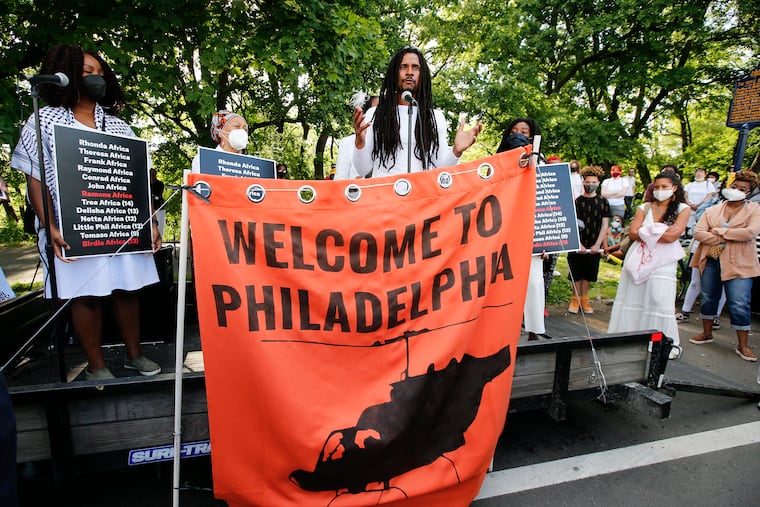Interest grows in Pope Leo XVI’s actions as observers await his decisions, particularly among those affiliated with Villanova University.
The recent election of Cardinal Robert Francis Prevost, OSA, as Pope Leo XIV marks a significant moment in the history of the Roman Catholic Church. The announcement was heralded by the ringing of bells at St. Thomas of Villanova Church, signifying joy and celebration among parishioners and the wider community. Cardinal Prevost’s election is noteworthy for several reasons: he is the first pope born in the United States, making history as the first American pontiff; he represents the Order of St. Augustine as the first Augustinian pope; and he continues the trend of papal leadership from the Americas, following his predecessor.
A distinguished figure within the Church, Pope Leo XIV has a robust background that includes extensive missionary work and leadership roles. His mission work in Peru and his tenure as the Prior General of the Order of St. Augustine for twelve years underscore his commitment to service and community. His experience and perspective are expected to enhance the universal mission of the Church, especially in addressing contemporary global challenges.
The name Pope Leo XIV draws inspiration from Pope Leo XIII, known for establishing the foundation of modern Catholic Social Teaching through his 1891 encyclical, Rerum Novarum. This document addressed the complex issues of labor, capital, and human dignity during a transformative period marked by the Industrial Revolution. In today’s context, where social upheaval persists, Catholic Social Teaching emphasizes principles such as human dignity and solidarity, drawing the Church into active engagement with pressing social issues.
Pope Leo XIV’s first public address highlighted themes of peace, love, and unity, reflecting the core values of Villanova University, where he completed his undergraduate studies and later received an honorary doctorate. He expressed a commitment to foster community and accompany the marginalized, principles which resonate deeply within both the Augustinian tradition and the broader Catholic ethos.
As the global Church anticipates the direction of Pope Leo XIV’s pontificate, observers are keenly watching to see how his background as a missionary will inform his priorities. Central to this is his call for a synodal Church, which raises questions about the roles of laypeople, women, and marginalized groups within the Church’s decision-making processes, particularly in light of the recent Synod on Synodality.
With the excitement generated by his election now giving way to the realities of leadership, Pope Leo XIV faces the complex challenges of the modern world. His approach to these issues will be a critical focus in the coming years, as believers and observers alike seek to understand the vision he will enact during his papacy. The bells may have stopped ringing, but the expectations for meaningful action from the Vatican have only just begun.
(Media News Source)






